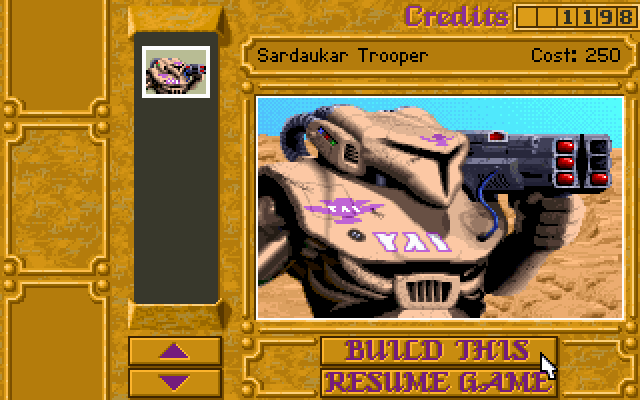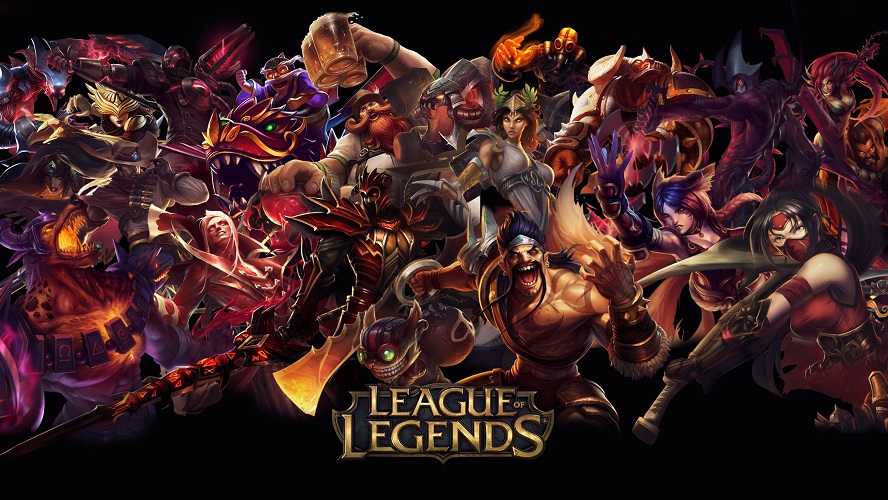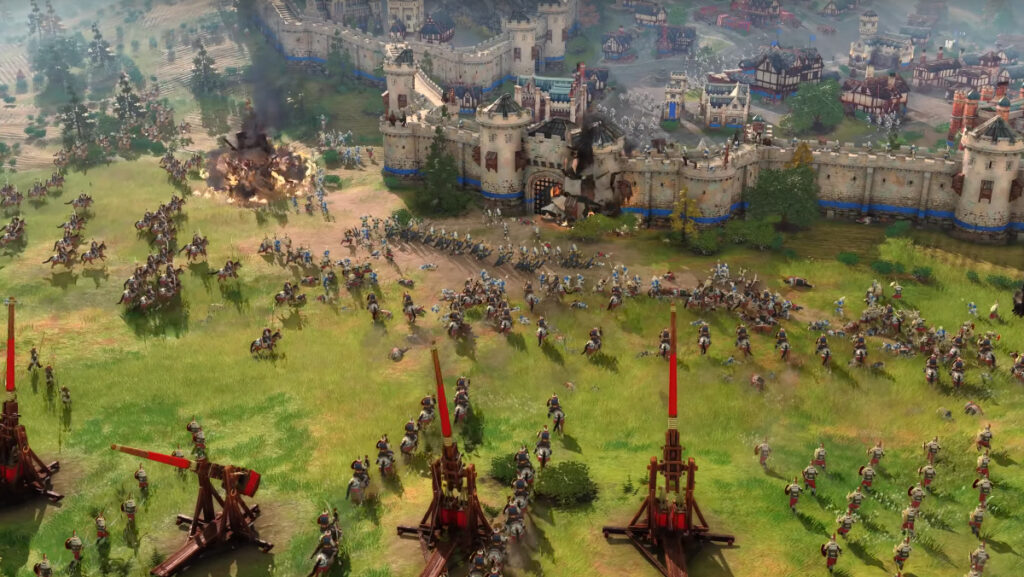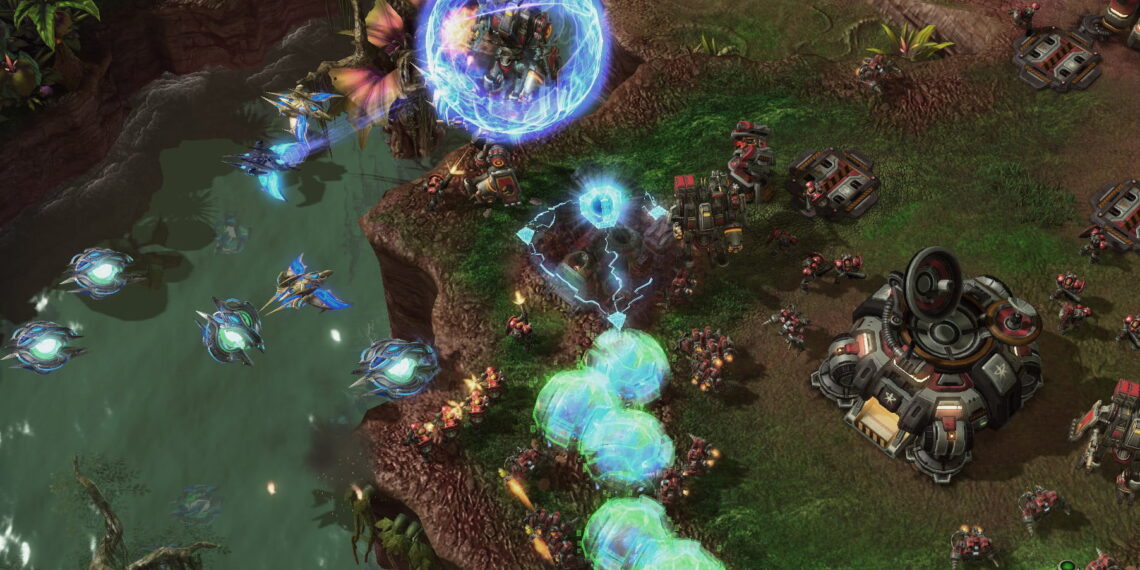With the likes of Total War: Three Kingdoms and Phoenix Point enjoying huge critical and commercial success in recent times, there are a lot of reasons for current day gamers to be excited about strategy games. That said, real-time strategy games, or RTS as we like to call it, are struggling to find a foothold in the modern gaming landscape.
Of course, there are still RTS titles that can still keep players to the edge of their seats. But, you would have a hard time finding an original RTS entry that has had a sizable impact on the gaming industry over the last two decades.
How does the future look like for RTS as we mark the beginning of a new decade? Can the genre make a comeback any time soon and re-elevate itself to the levels it used to be in its golden days?
How the Downfall Started

The ’90s and early 2000s saw the peak years of RTS, even though you can trace back to 1981 to find the roots of the genre. If you were gaming back in the ‘80s, you should be familiar with Utopia, a turn-based strategy game that had strong real-time elements embedded within its gameplay. While Utopia set the wheels in motion, it wasn’t until 1992 we got a commercially successful, full-fledged RTS game in the form of Dune II.
In the subsequent years, games like Command & Conquer, Warcraft, and Age of Empires helped RTS cement a dominating role in the gaming world. Consequently, more and more developers were committing themselves in creating RTS content, and in doing so, they kept RTS thriving in mainstream gaming.

But after the feast came the famine. The RTS scene started to go downhill from the mid-2000s, and if you want me to distinguish the exact point in history from where the RTS decline started I would say it happened right after the release of Warcraft 3 in 2002. Yes, we did have some fantastic RTS entries afterward, but the gameplay and mechanics never really evolved past 2002.
This is one of the key factors that contributed to the RTS fall from grace. The games stuck to a template for the better part of the last two decades, so gamers don’t have much incentive to try out various titles. Take the first Age of Empires game and Halo Wars 2, for example. Age of Empires precedes Halo Wars 2 by no less than 20 years, but if you compare gameplay and mechanics, you won’t find many differences.
A handful of new genres have also risen to prominence and took out a significant portion of the RTS audience. The emergence of MOBAs (Multiplayer Online Battle Arenas) has played a significant part in depleting the appeal of RTS to gamers.
Bestselling MOBAs like League of Legends draws inspiration from RTS in many ways and involve strategy making as a key component to the overall gaming experience. These MOBAs present a simplified RTS experience that filters out much of the complexities. You don’t have to deal with base building, the tech trees are much simpler, and the unit upgrades are also easier to keep track of.
Most new gamers seem to prefer this toned-down iteration. People now want to move on from one online matchup to another within 10-15 minutes, but classic RTS matches could go on for hours. The comprehensive setup also wards off many players, as they find it too intimidating.
Where RTS Stands Today

Yes, RTS no longer occupies the topmost echelon in the gaming world, but it is far from completely absent. They Are Billions and Driftland: The Magic Revival are some of the games that tried the RTS recipe in the post-golden era. While some of the new games are quite good, none of them are up to the mark in terms of reversing the trend.
Over the course of time, RTS has also lost some of its core gameplay elements. We have already talked about MOBAs and how these games adapted certain attributes of RTS to create some recent blockbusters. Franchises like Total War, which was a great hit as well, have merged turn-based strategy with real-time strategy elements. However, you can’t classify any of these games as actual RTS.
Some studios are primarily focusing on developing sequels and remasters for RTS franchises, which are backed up with solid fanbases. This is a great formula to make money, and it seldom disappoints developers. Age of Empires 4 is in the pipeline and Warcraft 3: Reforged has recently released, and it’s almost guaranteed that both of these games would bring in huge amounts of money.
But the question we need to be asking here is- can they usher in a new dawn of RTS gaming? I doubt that! Because the success of these games is more likely to reflect the loyalty of their respective fans, rather than a surge in people’s interests in RTS. We need successful original RTS entries to spark a genuine comeback. Otherwise, it seems unlikely the future would take a turn towards better prospects for RTS.
Final Thoughts
Contrary to popular belief, RTS gaming is still alive and has spawned a series of successful subgenres that have taken the gaming world by storm. But as an individual genre it continues to fade out and perhaps, without significant changes, we will not see classic RTS gaming hitting its strides in the near future.




Great post. I have to agree with this post – gaming can be a great stress reliever when you’ve had a busy day at work
Thanks for sharing with us, keep posting.